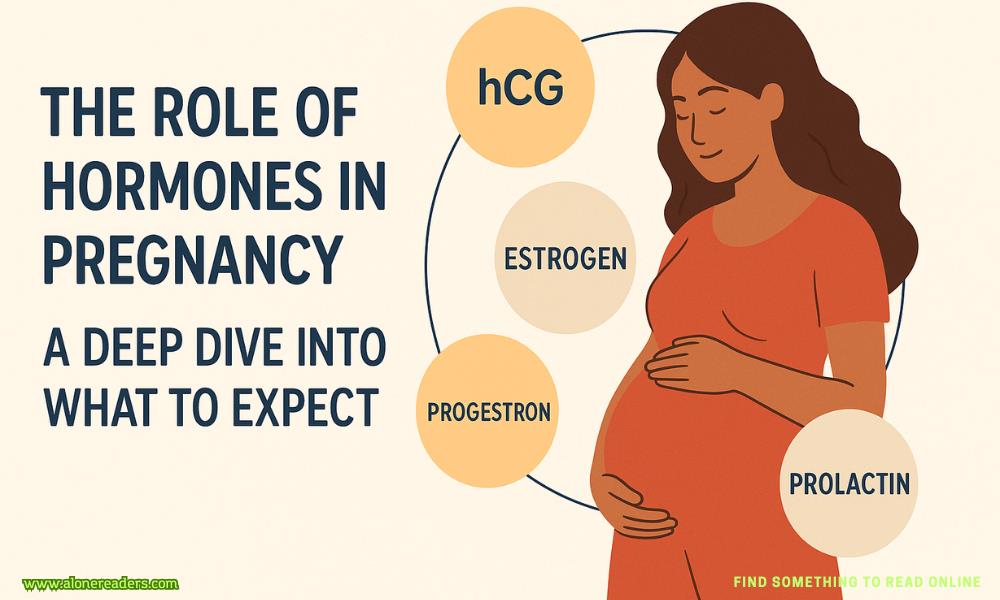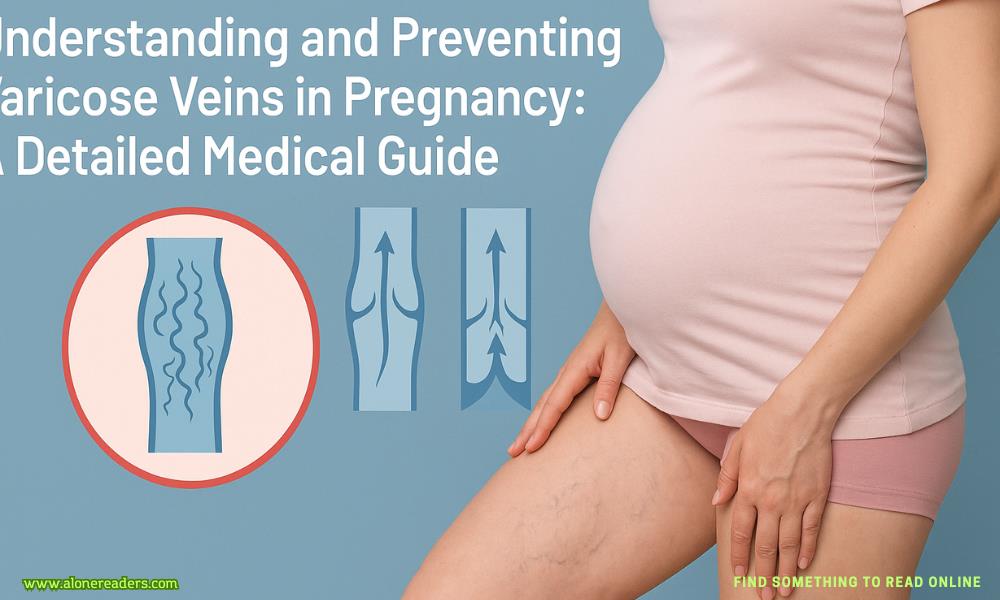Page 102 of The Rising Tide
It helps. A little. Releases some of the pressure. Her gaze sweeps the wall. There are too many paintings for the space, but this room was never a gallery. Back in her old life, the haphazardly curated art made her happy.
You get to save one of them. In a way, Daniel, you get to play God. I know it’s difficult. Big decisions always are. If you choose to do nothing, they both go into the water.
She recoils from those words as if they’re barbed wire. And yet somewhere in her head a door opens. She’s heard that voice before. And recently. She just can’t place where. It’s different to how she remembers. As if it’s trying to disguise its true timbre.
Tell me who to put in the water. Billie? Or your son.
The answer is somewhere in her head. She just has to find it.
Lucy closes her eyes, opens them, scans the paintings.
And notices something odd.
Watching you these last few days has been more distressing than I ever imagined. You’re a broken bird, still trying your best to sing, still telling yourself you can bring Fin home if only you’re strong enough.
It’s a false hope, Lucy. The only thing more tragic than the future I’ve dealt you is your presumption that it can be stopped, thatIcan be stopped. It adds a layer of cruelty I never intended.
It can’t have been easy seeing the footage. Did you weep for Billie? Did you cry out for Daniel? Or did you scream at him for what he chose? Did you want to watch through to the end? Or are you glad I withheld her last moments?
We’re approaching the denouement. I know it’ll be devastating for us both. Never, at the outset, did I expect to be so emotionally invested. This tragedy was written entirely for your benefit. And yet in bearing witness, I’m finding my own salvation.
THIRTY-EIGHT
1
South of Skentel, the Penny Moon campsite stands atop a granite headland that offers astonishing views of the sea. A Georgian-built lighthouse marks the site’s northern border.
Abraham parks in an area reserved for new arrivals. Opposite, a single-storey building serves as office, toilet block and shop. A raisable barrier controls site access.
Inside, the front desk is unstaffed. There’s a bell, which Abraham presses. Moments later, Beth McKaylin appears from a backroom.
‘Oh,’ she says, pulling up short. ‘You.’
The woman is as well muscled and self-assured as he remembers. She’s wearing hiking boots, denim shorts and a grubby vest beneath her plaid work shirt. Cocking a hip, she examines him. ‘Well, it’s off-season, so I can do you a good price. That is, unless there’s something else you’re after.’
2
Since Abraham’s second visit to Bibi Trixibelle Carter, where he showed her the black hatchbacks captured by the quayside CCTV, something’s been itching at him: the small green sticker visible on the Lexus’s windscreen.
Earlier, at the dinghy recovery site, he parked next to a BMW loaded with kayaks. On its windscreen he found a matching green sticker. Close up, he could see the image printed on it: a black crescent moon poking through black clouds.
Immediately, he’d recalled his interview on Saturday with Beth McKaylin. Her undershirt had featured the same logo. Just now, he saw it on the flags flapping from the Penny Moon’s poles.
Retreating behind the counter, McKaylin grabs a handful of vinyl stickers. ‘I get a new batch printed every year,’ she tells him. ‘Green this season, purple the one just gone. It’s how we identify guests. Means we can operate the barrier from here without having to traipse outside.’
‘You keep a record of each guest’s vehicle?’
‘Make, model and registration number.’
‘Can you—’ Abraham begins. And then he groans, fingers splayed. Pain spreads out across his back, deep and sickening.
McKaylin tilts her head. ‘You OK?’
Abraham can’t speak. He leans against the counter, breath coming in bursts. This is bad. Really bad. He grinds his teeth, tastes blood, gradually rides out the wave. Finally, he says, ‘Looking for a car.’
Initially, it’s all he can manage. Somehow, he adds, ‘Before you say “data protection—”’
‘Data protection, my arse. What do you need? Other than an ambulance.’















